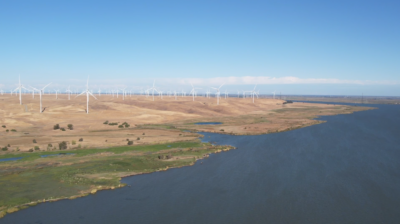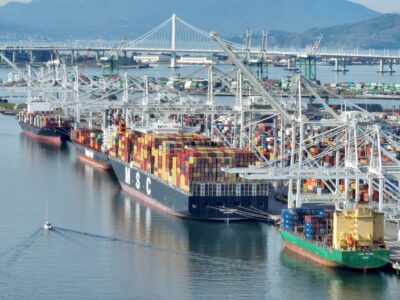Study Endorses Regionalism to Counter Wane in California’s Competitiveness
If California were a country, it would be the fifth largest economy in the world, poised to surpass Germany and become the fourth largest. The state’s economic success is evident across our largest industries, including agriculture, manufacturing, logistics, tourism, and technology. However, a new report from the Los Angeles Chamber of Commerce warns that the size of our economy cannot protect us from the consequences of poor policy decisions that reduce our economic competitiveness and quality of life. California suffers from a high cost of doing business and a chronic lack of housing affordability that squeezes residents and creates a large unsheltered homeless population. Many businesses are hesitant to form or expand in the state due to concerns about taxation, regulation, and a perceived lack of understanding from elected officials about the needs of businesses.
To counter the challenges that threaten the long-term vitality of our state, the report endorses the Bay Area Council’s “regionalism” approach. By understanding the strengths, weaknesses, and differences of each region within the state, a comprehensive understanding of California’s overall performance can be gained. This, in turn, enables the formulation of economic policies that cater to the unique needs of each region, fostering both state and regional growth. The report further recommends that the state focus on attracting and retaining skilled workers and businesses, create partnerships between higher education and industry, pursue business attraction strategies, and invest in entrepreneurial infrastructure.
The Bay Area Council has been advocating for the needs of our region for over 75 years, and the strength of our region is inexorably tied to the overall health of the state. Bay Area Council CEO Jim Wunderman is the co-leader of the New California Coalition, an organization dedicated to advocating for common sense solutions to our state’s biggest problems. If California is willing to invest in increased housing production, public safety, transportation, and business development, the state will remain an economic powerhouse for decades to come.





